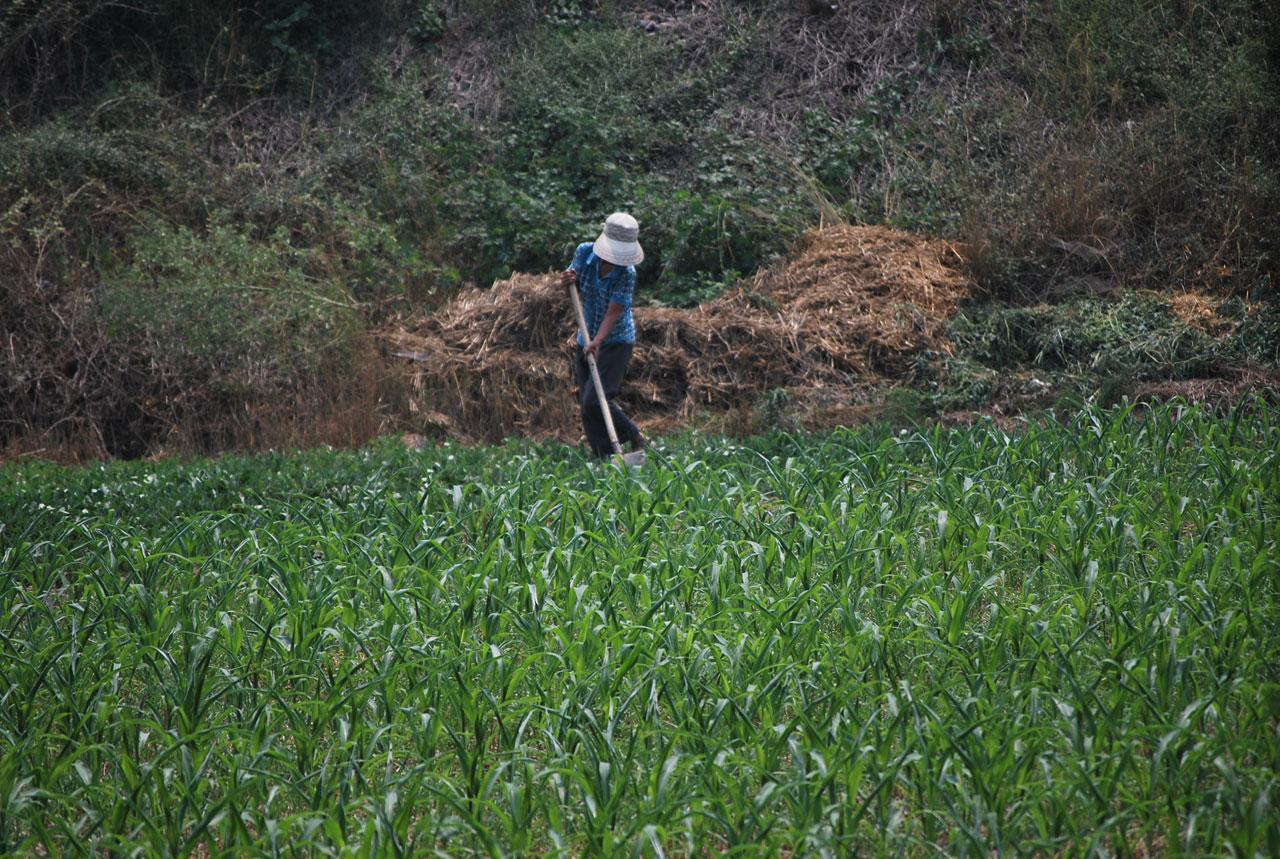Countries such as Canada, Russia, and parts of Northern Europe may benefit a little from changing climatic conditions, since higher temperatures can lead to higher agricultural yields, the report says.
Jonathan Woetzel, director of the McKinsey Global Institute, told CNBC that adaptation is necessary for risk management. However, he said, it could cost dearly to the affected regions.
“Mobilizing funds to finance adaptation measures, especially in developing countries, is also crucial,” and this may require a wider partnership between the public and private sectors, Woetzel said.
To combat the effects of climate change, "governments of developing countries are increasingly turning to insurance/reinsurance companies and other capital markets to increase their resilience to natural disasters, as well as provide guarantees to institutions that are considering investing in a particular region," he added.
According to McKinsey, the average global temperature rose by about 1.1 degrees Celsius with significant regional variations since the 1880s. McKinsey found that countries and regions with lower per capita GDP are generally more at risk from climate change.
According to the National Bureau of Economic Research (USA), countries that receive a large share of their GDP from agriculture may be at greatest risk, as extreme heat and rainfall result in crop loss and delayed field work
source: cnbc.com
Jonathan Woetzel, director of the McKinsey Global Institute, told CNBC that adaptation is necessary for risk management. However, he said, it could cost dearly to the affected regions.
“Mobilizing funds to finance adaptation measures, especially in developing countries, is also crucial,” and this may require a wider partnership between the public and private sectors, Woetzel said.
To combat the effects of climate change, "governments of developing countries are increasingly turning to insurance/reinsurance companies and other capital markets to increase their resilience to natural disasters, as well as provide guarantees to institutions that are considering investing in a particular region," he added.
According to McKinsey, the average global temperature rose by about 1.1 degrees Celsius with significant regional variations since the 1880s. McKinsey found that countries and regions with lower per capita GDP are generally more at risk from climate change.
According to the National Bureau of Economic Research (USA), countries that receive a large share of their GDP from agriculture may be at greatest risk, as extreme heat and rainfall result in crop loss and delayed field work
source: cnbc.com





